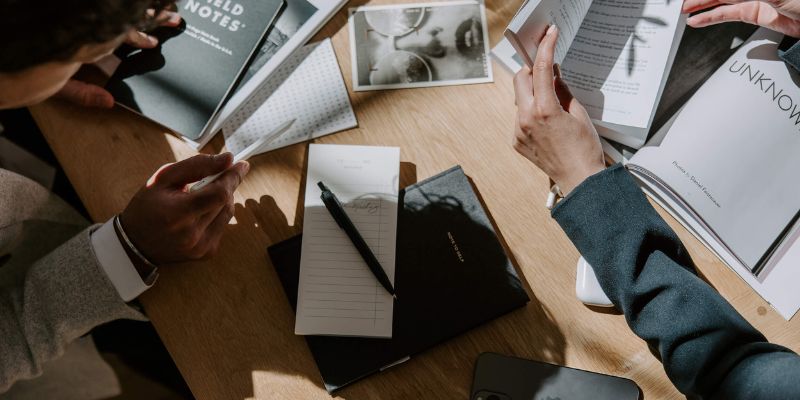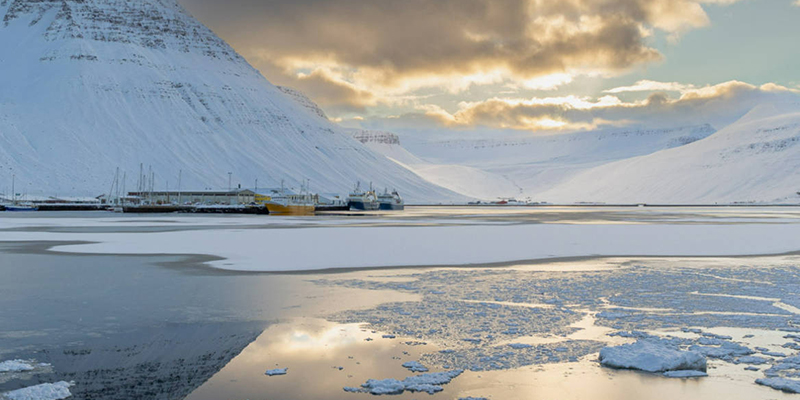How To Approach Photography And Privacy Respectfully?
Have you ever taken a picture and wondered whether you should have asked first? Many people have to deal with this question in this era of social networking. Sometimes, the boundary between getting that great shot and being invasive is unclear, even to the most experienced photographer.
Whether you are a beginner with a camera or a professional one, it is always challenging to walk through the ethical challenges of photography. It is about searching for that balance between creativity and politeness.
In this blog post, we'll discuss the steps of making some fantastic shots with the bonus of privacy considerations. You will get lots of helpful advice to feel comfortable regarding subjects, know your rights and theirs, and take good photos where everyone will look nice.
Let's learn how to make your photography stunning and noninvasive.
Tips For Practicing Respectful Photography
Capturing memories is essential to travel, but doing so ethically is crucial. Respectful photography goes beyond just getting the perfect shot; it's about preserving the dignity of people and places. These tips will help you navigate cultural sensitivities and create meaningful images that tell authentic stories.
Understanding Privacy In Photography

Privacy in photography is not a matter of legal permissibility; it is a question of manners and culture, of respecting other people's space. What is considered normal, or even average, in one context may cause one to look sideways in another.
Privacy is a shield that is not visible to the naked eye but exists around everyone. In some cultures, that bubble is massive; in others, it's almost non-existent. It would be acceptable to take a picture of a stranger in New York City, but taking a picture of a stranger in a village in Japan may attract the wrath of the law.
Legal definitions vary, too. In the US, photographing people is no problem as long as they are in the public domain. However, do you go into someone's compound or a restricted function? That's where it gets messy.
However, you can still pull out your camera and take a photo whenever you see something. It's about respect, basic courtesy, and understanding the situation.
Legal Considerations For Photographers

Alright, let's do the legal things. Don't panic. You will make it simple. The golden rule? As a photographer, be fully conversant with your local laws as if they are etched in ink on your camera.
Taking pictures in public is part of the course. StreetsStreets, parks, beaches, etc., are all green signals. But are they trespassing into someone's compound without their consent? That's when you could hear the sound of sirens.
Consent is a tricky beast. In public, it is not mandatory. But for commercial use? It is time to prepare those release forms. When it comes to kids, they always get permission from their parents or guardians.
It is always said that some knowledge goes a long way, which is valid for the legal profession. It clears your conscience and prevents your lawyer's phone from ringing.
Best Practices For Respectful Photography

How do you capture great moments without beaming into people's faces or stepping on someone's toes? First, it is essential to pay attention to communication. If you are uncertain, feel free to ask.
"Hi, do you mind if I take a picture of you?" is always great. This is why, when approaching someone asking for permission or help, you would be surprised to note that most of them are likely to say yes if you approach them with a smile.
Keep your eyes peeled. Is someone looking uncomfortable? It may be time for you to lower that camera a little. Let your instincts be your guide. You probably are if it feels like you are invading someone's privacy.
Finally, remember cultural taboos. What flies back home may only sometimes fly where you plan to visit. It's like the saying, "When in Rome, do as the Romans do, or at least ask the Romans first."
Navigating Sensitive Situations

Admit it: sometimes, even if you want to be good, you will end up in a bad situation. It happens even to the most careful and diligent workers. Take the high road, and don't let it get to you.
It's not okay for someone to tell you this, so if this happens, breathe. Listen first, explain second. Sometimes, an apology can be as simple as "I'm sorry; I didn't know this." Say that you will delete it if it upsets them, and it's better to cut off the relationship anyway.
Safety comes first. If you get mad, then it is alright to leave the conversation. None of the photos is worth endangering one's health.
And if you're unsure about a shot, let alone a goal? If, in any case, you are in a dilemma about including a particular element, then it is better to exclude it. The opportunity to take photographs is never far away where tourists are concerned.
Ethical Considerations In Photography

Photography is not just the capture of a moment but the impact of a photograph on society. Think about it: each push on the shutter button narrates a story. Are you giving voice to people or silencing them? It's worth pondering.
Think about the consequences for people living in a community. The 'poverty porn' shot may get you accolades, but what has become of the humanity of the people you are documenting?
Let's discuss the concept of power relations. As the one behind the lens, you have a responsibility. Are you making your subjects feel empowered or simply using them?
Remember that your subjects are not just compositions; they are people with their own lives and feelings. In this, they should be treated like they would want to be treated if the positions were the same.
Embrace Respectful Photography Practices Today!
Where do you go from here? It's pretty basic. Just consider these concepts and expand on them.
The next time you are out shooting, take a second to stop. Consider the individual on the other side of the lens every time you use the camera. When we take a few moments to consider what the other person is going through, we're better off for it.
Your camera is a weapon. If we only know how to use it, if we learn how to use it correctly, and if we use it gently, our work will be transformed. After all, the best photos, both the photographer and subject, make everyone happy.
Take pictures from the heart and with dignity. Opportunities for your best work are out there waiting for you!
Frequently Asked Questions
Q. What should I do if someone refuses to be photographed?
Ans. If they don't want to do it, you don't force them, period. Put your camera down, say sorry if necessary, and let go. If you have already captured a photo, you offer to remove it. Remember that hundreds of other great shots are around the corner, waiting to be shot.
Q. Are there specific laws about photographing children?
Ans. I have researched laws in different states, and getting consent from the parents is preferable. In the public domain, it is legal but may be ethical only when done with the permission of the concerned authority.
Q. What are the best ways to seek consent for photos?
Ans. Go to people politely, smiling, and tell them your goal. Think about how you are going to use the photo. I suggest that they let you take their picture afterwards, and you will show them the picture taken. Accept their response in whichever way they choose to respond.




